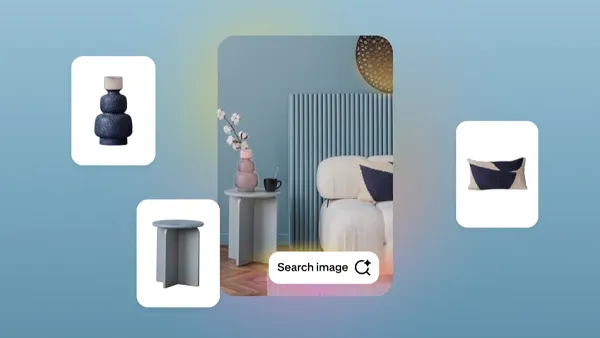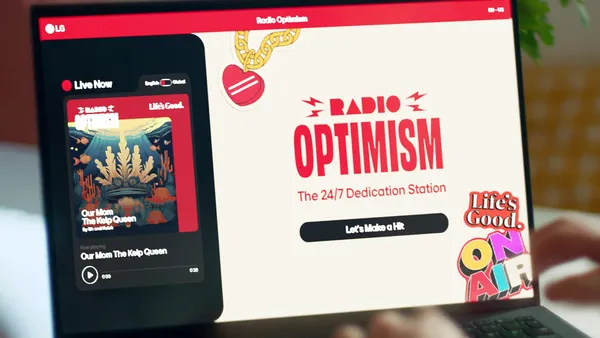Dive Brief:
- Executives of midsize and large companies could be underestimating the disruption 5G adoption will bring to their industries, with 53% saying there are "very few" things that 5G will enable them to do that they can't already do with 4G, according to a new study by Accenture. However, 37% expect 5G will bring a "revolutionary" change in wireless speed and capacity and about two in five respondents said it will bring "significant" change to those areas.
- Among the 1,800 executives surveyed, 72% said they will need help conceptualizing possible uses of 5G and 40% plan to partner with telecommunications companies to realize those possibilities. But, 60% see a lack of knowledge among communications service providers about their industries and how they can leverage 5G to innovate.
- Seventy percent of executives think 5G will give them a competitive edge but perceive several barriers to adoption, including the upfront investment (36%), security (32%) and employee buy-in (29%). It still might be essential to start prepping now, as 60% said they expect 5G to cover the entire population by 2022.
Dive Insight:
The Accenture research is the latest sign that fifth-generation wireless communications, or 5G, is still a ways off from bringing the revolutionary digital change that its biggest backers have promised. Even if the upgrade can be implemented at scale in a timely fashion, the study shows that many industry leaders aren't sure how to best apply 5G beyond leveraging its greater speed and capacity. Video, AR and data-driven marketing are just some of the existing areas of marketers' business that 5G will likely be able to seriously bolster, but the tech could also open entirely new opportunities in self-driving cars, smart cities infrastructure and more.
"Telecommunications companies will play a pivotal role in bringing these prospects to light," George Nazi, Accenture’s Network practice global lead, said in a statement.
However, many of the major carriers have appeared to fumble some of their 5G messaging already this year. In 2019, AT&T, Verizon, T-Mobile and Sprint plan to roll out 5G services, but the initial launches are expected to have spotty coverage and be only a little faster than current 4G LTE offerings, according to Adweek.
At CES, a major showcase for emerging technology, many agencies in attendance were unimpressed with the presentations of key 5G stakeholders, leading to more managed expectations. AT&T was the subject of heavy scrutiny, including from competitors like T-Mobile and Verizon, for presenting what it's branded as "5G E" devices, which many argue are not truly 5G-enabled but rather an extension of 4G LTE offerings.
Despite some cooling expectations from business leaders, consumer interest in 5G remains high. Most mobile users, or 87%, plan to upgrade their phones to a 5G-enabled device, per a recent Matrixx Software survey. Seventy-eight percent of respondents said they would pay more for a 5G-enabled device and 88% would pay more for 5G network access.
However, about half of consumers were unsure whether 5G would deliver on its potential. Among consumers not planning to upgrade, 32% said it was because their current service is good enough, 24% said carriers will eventually offer 5G anyway and 25% said the can't afford it.











